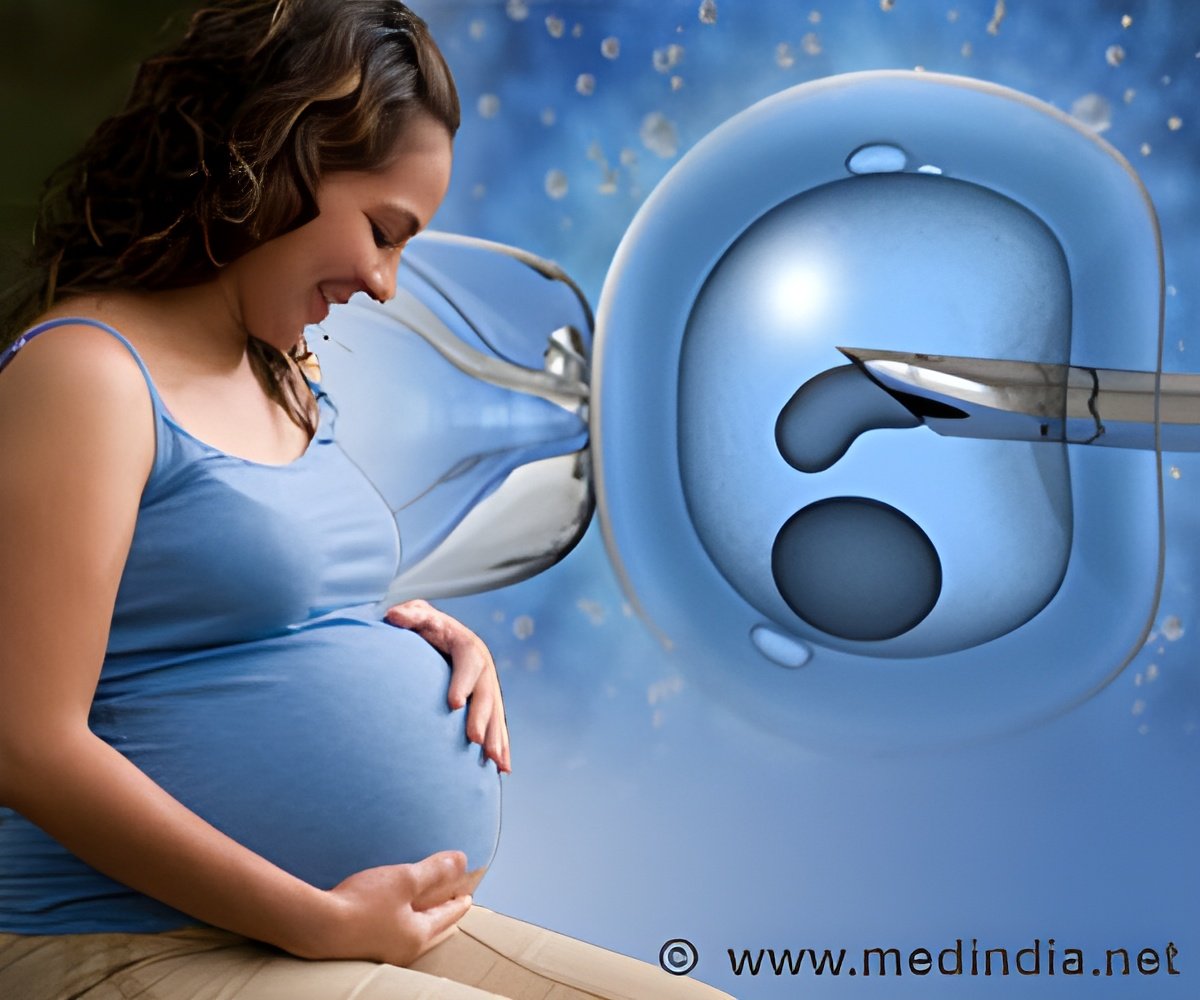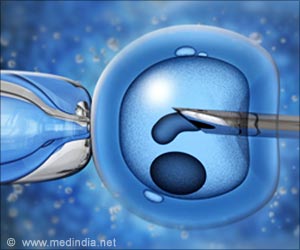Bacteria in the uterine cavity play an important role in the implantation and pregnancy success rates of in vitro fertilization.

- The uterine cavity has been considered sterile.
- The uterine microbiota play an important on the success rates of IVF pregnancies.
- Colonization of the uterine cavity with non Lactobacillus-dominated microbiota affect the success of in vitro fertilization, pregnancy rates, and live births.
Study
The researchers sought to test the existence of endometrial microbiota which differ from that of the vagina. They also assessed the hormonal regulation and analyzed the impact of the endometrial microbial community on the reproductive outcome in patients undergoing IVF.
- To identify the existence of an endometrial microbiota- Investigators recruited 13 fertile women within the same menstrual cycle, who were in their pre-receptive and receptive phases. They then assessed paired samples of endometrial and vaginal fluid obtained from them.
- To investigate the hormonal regulation of the endometrial microbiota- Investigators recruited 22 fertile women within the same cycle and collected endometrial fluid at pre-receptive and receptive phases.
- To assess the impact of altered endometrial microbiota in endometrial fluid, on the reproductive outcome- Investigators recruited 35 infertile patients undergoing IVF and assessed their implantation, ongoing pregnancy, and live birth rates.
Difference in bacterial communities between the endometrial and vaginal sites in some women were detected, on examination of the sites.
Women with a non-Lactobacillus-dominated microbiota and a receptive endometrium had a significantly lower rate of implantation, pregnancy, and live birth compared to patients with a Lactobacillus-dominated microbiota.
Future Scope
Roberto Romero, MD, DMedSci, Chief of the Perinatology Research Branch of NICHD/NIH and Editor-in-Chief for Obstetrics of the American Journal of Obstetrics and Gynecology, commented that "the endometrial cavity is not sterile and normally contains bacteria; however, whether bacteria within the cavity play a role in successful reproduction has been unknown to this point. The pioneering work of the team of Professor Simón now shows, for the first time, that colonization of the uterine cavity with some bacteria (non Lactobacillus-dominated) affects the success of in vitro fertilization, pregnancy rates, and live births.”
The success rates of IVF can be tested by using diagnostic tests to examine the microbial composition of the uterine cavity.
Similarly conducting targeted treatment using antimicrobial agents or probiotics may be useful in improving reproductive success.
The researchers conclude that successful reproduction may depend on host-microbial relationship in the endometrial cavity, which was unknown before this study.
Reference
- Carlos Simon et al . Evidence that the endometrial microbiota has an effect on implantation success or failure. American Journal of Obstetrics and Gynecology; (2016) DOI: http://dx.doi.org/10.1016/j.ajog.2016.09.075
Source-Medindia















